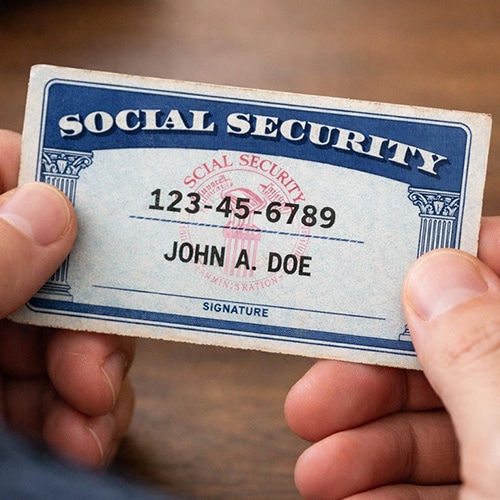Worried about FAFSA identity theft? You're not alone. With the increasing reliance on online forms for financial aid, understanding how to protect yourself has never been more crucial. FAFSA identity theft can turn your dreams of financial aid into a nightmare. The Free Application for Federal Student Aid (FAFSA) is a lifeline for many students seeking financial aid for college. However, it also presents an opportunity for identity thieves.
What is FAFSA identity theft and how does it happen?
FAFSA identity theft occurs when someone uses your personal information to apply for financial aid in your name. This can lead to significant financial and personal stress as you try to untangle the fraudulent activities.
Common types of FAFSA scams
Several scams target students and their families during the FAFSA application process. By being aware of these common scams, you can take steps to protect your personal information and avoid falling victim.
- FAFSA filing fee scam: Scammers charge a fee for assistance with filing FAFSA, which is actually a free service.
- Guaranteed scholarship scams: Promises of guaranteed scholarships in exchange for personal information or payment.
- Debt relief scams: Offers to erase student loan debt for a fee, often collecting personal information for fraudulent purposes.
- Phishing scams: Emails or messages posing as official FAFSA communications to steal personal information.
Signs someone is using your personal information to get financial aid
Be alert to these warning signs that your information may have been compromised. Early detection can help prevent further damage and make the recovery process smoother.
- Unexpected financial aid applications in your name
- Notices from your school or financial institutions about financial aid you didn't apply for
- Errors or unfamiliar information on your FAFSA account
How do you report FAFSA fraud?
If you suspect FAFSA fraud, follow these steps to report it:
- Contact the Federal Student Aid Information Center: Report the fraud directly to the FSAIC.
- Notify your school’s financial aid office: Inform them of the situation so they can take necessary precautions.
- File a report with the FTC: Use IdentityTheft.gov to file a report and create a recovery plan.
- Place a fraud alert on your credit reports: Contact one of the three major credit bureaus to add a fraud alert to your credit file.
How to protect yourself from FAFSA identity theft
Taking proactive steps can help protect your information from identity theft:
- Know the warning signs: Be aware of phishing attempts and unsolicited requests for personal information.
- Check your credit report: Regularly review your credit reports for any unusual activity.
- Use strong passwords: Ensure your FAFSA and other financial accounts have strong, unique passwords.
- Enable two-factor authentication: Add an extra layer of security to your accounts.
- Be skeptical of unsolicited offers: Verify any offers of financial aid or debt relief independently before providing personal information.
Find out if someone is racking up loan debt in your name
Monitoring your credit can help you catch fraudulent activity early. With LifeLock, you can keep an eye on your credit and receive identity alerts, ensuring you're always in the know.
Protect your identity with LifeLock
LifeLock helps you monitor your credit and alerts you to potential identity threats. Sign up today to keep your personal information safe and secure.
Editor’s note: Our articles provide educational information. LifeLock offerings may not cover or protect against every type of crime, fraud, or threat we write about.
This article contains
- What is FAFSA identity theft and how does it happen?
- Common types of FAFSA scams
- Signs someone is using your personal information to get financial aid
- How do you report FAFSA fraud?
- How to protect yourself from FAFSA identity theft
- Find out if someone is racking up loan debt in your name
- Protect your identity with LifeLock
Start your protection,
enroll in minutes.
LifeLock is part of Gen – a global company with a family of trusted brands.
Copyright © 2026 Gen Digital Inc. All rights reserved. Gen trademarks or registered trademarks are property of Gen Digital Inc. or its affiliates. Firefox is a trademark of Mozilla Foundation. Android, Google Chrome, Google Play and the Google Play logo are trademarks of Google, LLC. Mac, iPhone, iPad, Apple and the Apple logo are trademarks of Apple Inc., registered in the U.S. and other countries. App Store is a service mark of Apple Inc. Alexa and all related logos are trademarks of Amazon.com, Inc. or its affiliates. Microsoft and the Window logo are trademarks of Microsoft Corporation in the U.S. and other countries. The Android robot is reproduced or modified from work created and shared by Google and used according to terms described in the Creative Commons 3.0 Attribution License. Other names may be trademarks of their respective owners.





